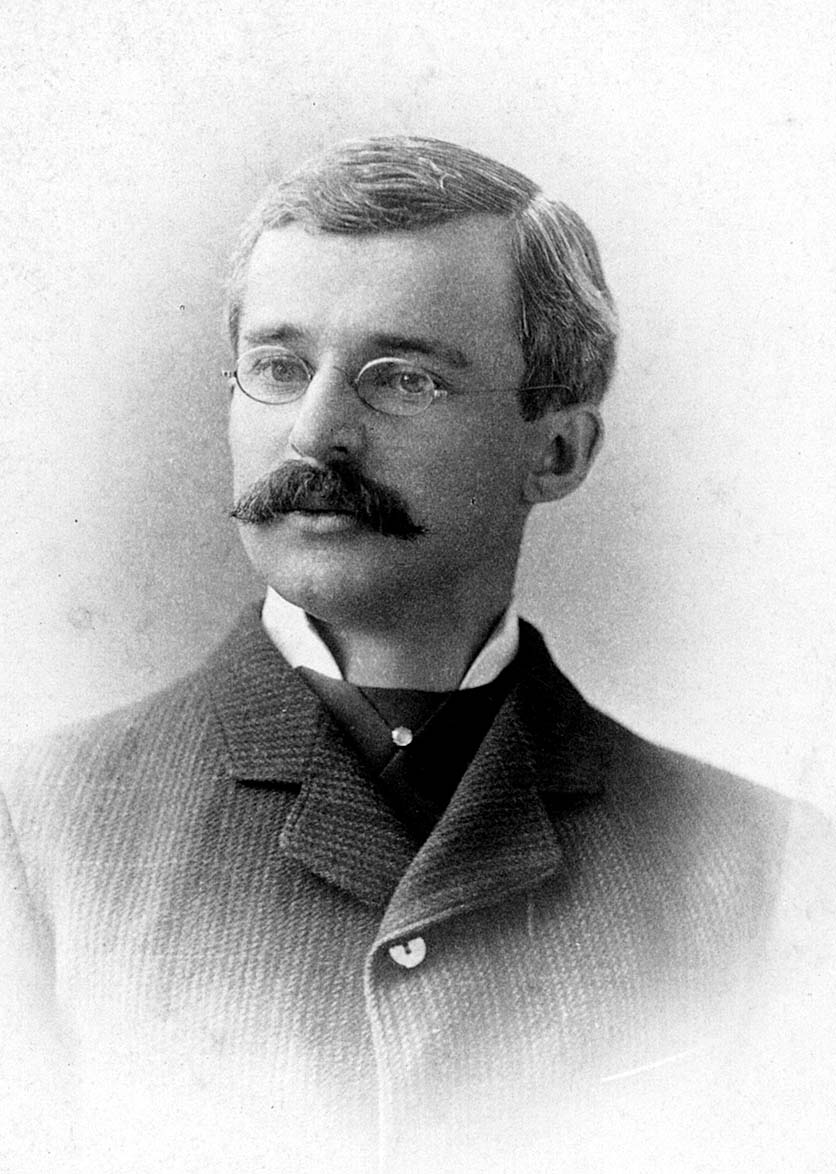Our History

The Tau Beta Pi Association, national engineering honor society was founded at Lehigh University in 1885 by Dr. Edward Higginson Williams, Jr., “to mark in a fitting manner those who have conferred honor upon their Alma Mater by distinguished scholarship and exemplary character as undergraduate in engineering, or by their attainments as alumni in the field of engineering, and to foster a spirit of liberal culture in engineering colleges.” – The preamble to the Constitution.
An honor society is an association of primarily collegiate members and chapters whose purposes are to encourage and recognize superior scholarship and/or leadership achievement either in broad fields of education or in departmental fields at either undergraduate or graduate levels.
The honor society has followed the expansion and specialization of higher education in America. When Phi Beta Kappa was organized in 1776, no thought was given to its proper “field,” since all colleges then in existence were for the training of men for “the service of the church and the state.” With the expansion of education into new fields, a choice had to be made, and Phi Beta Kappa elected to operate in the field of the liberal arts and sciences. Although this was not finally voted until 1898, the trend was evident years earlier, and 1885 saw the establishment of Tau Beta Pi.
Founder Edward H. Williams, Jr., was born at Proctorsville, Vermont, on September 30, 1849; he died at Woodstock, Vermont, on November 2, 1933. A member of Phi Beta Kappa, he was head of the mining department at Lehigh University when he determined to offer technical men as good a chance of recognition for superior scholarship in their field as that afforded by Phi Beta Kappa in the liberal arts and sciences.
Working alone, he conceived an organization, gave it a name, designed its governmental structure, drew up its constitution, prepared its badge and certificate, establish its membership requirements, and planned al the necessary details for its operation including the granting of chapters and the holding of conventions.
Thus, with only a paper organization, he offered membership to qualified graduates of Lehigh and received their acceptances and enthusiastic endorsement. Late in the spring of 1885, he invited the valedictorian of the senior class, Irving Andrew Heikes, to membership and he accepted, becoming the first student member of Tau Beta Pi, but their was no time to initiate the rest of the eligible men from the class of 1885.
Mr. Heikes returned for graduate work, however, and in the fall of 1885, he, Dr. Williams, and two alumni who had earlier accepted membership, initiated the eligible men from the class of 1886 and organized the chapter. The parent chapter, Alpha of Pennsylvania, existed alone until 1892 when Alpha of Michigan was founded at Michigan State University.
A detailed account of the founding and early history of Tau Beta Pi was written by Edwin S. Stackhouse, Pennsylvania Alpha ’86, after years of painstaking research work (The Bent, April 1941). Records of essential dates were lost, but Mr. Stackhouse deduced that June 15, 1885, was the day on which the first undergraduate student was initiated. Subsequent evidence, in the form of Mr. Heikes’ original invitation to membership, discovered in 1943, confirmed this date.
Since the founding of the Michigan Alpha chapter, Tau Beta Pi has grown steadily; there are now collegiate chapters at 209 institutions, chartered alumnus chapters in 59 cities, and a total initiated membership of 379,000.